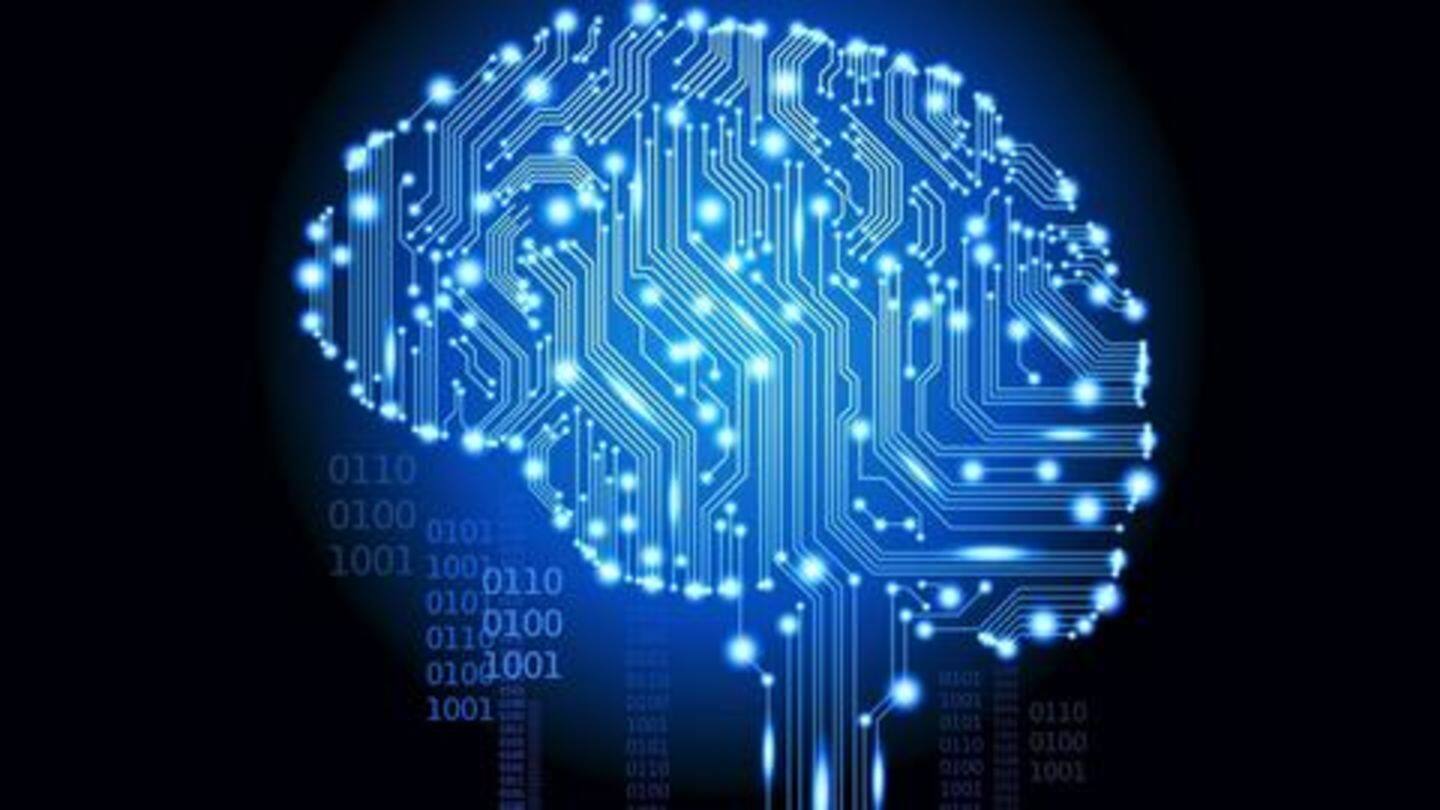
China's 'brain talker' chip can finally bring mind-reading to life
What's the story
The talk of mind-reading always sounds unreal, because obviously no one can actually look into your head and read your thoughts. But, there are also some brain-computer interfaces that can convert neural signals, aka brain activity, into understandable information/actions. BCIs have been around for a while, and now, China has unveiled a dedicated 'Brain Talker' chip to make them better. Here's all about it.
BCI evolution
BCIs have come a long way over the years
From simply detecting neural signals to actually converting them to useful information, we have come a long way with brain-computer interfaces. Facebook is working on a BCI to help people navigate through AR without moving or saying anything, while Samsung is building one to control TVs. There is also a BCI that turns thoughts into real spoken sentences, and the list just goes on.
Issue
However, there have been problems
The work with BCIs has shown promising results to the extent that many believe these technologies could simplify the lives of those who can't speak or move. But, here's the thing, decoding the inner workings of the brain isn't easy; neural signals and brainwaves are very hard to detect and can fade away easily. This has essentially kept the tech from going mainstream.
Chinese chip
This is where 'Brain Talker' comes in
To boost the performance of BCIs in development, researchers from the Tianjin University and China Electronics Corporation have developed Brain Talker, a Brain-Computer Codec Chip (BC3). The chip, as the researchers described, has the ability to detect neural signals submerged in background noise, even the minor ones, and decode their information efficiently. This can ultimately contribute to enhancing the speed and accuracy of BCIs.
Advantage
BC3 can make finally make BCIs mainstream
The Chinese chip not only offers a way for faster and precise neural signal detection and conversion but also brings the element of portability. As such, it can ultimately help engineers take brain-computer interfaces to the general public in the form of simple wearable devices. There is no word on when that might happen, but the applications of this tech would be many.
Quote
Ming Dong, a Tianjin University researcher, spoke about the chip
"Brain-Computer Interfaces hold a promising future," Ming said, adding that "Brain Talker chip advances BCI technology allowing it to become more portable, wearable and accessible to the general public." His team hopes that the chip will be used in fields ranging from medicine to security.